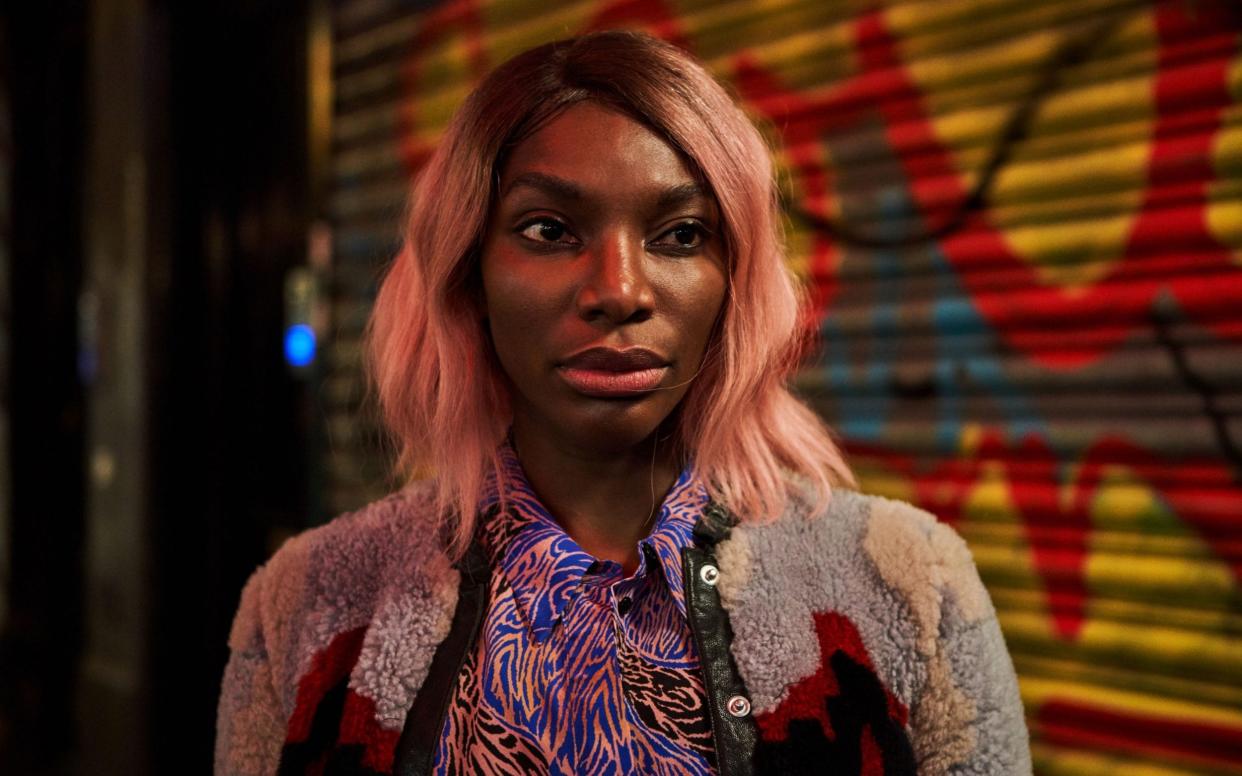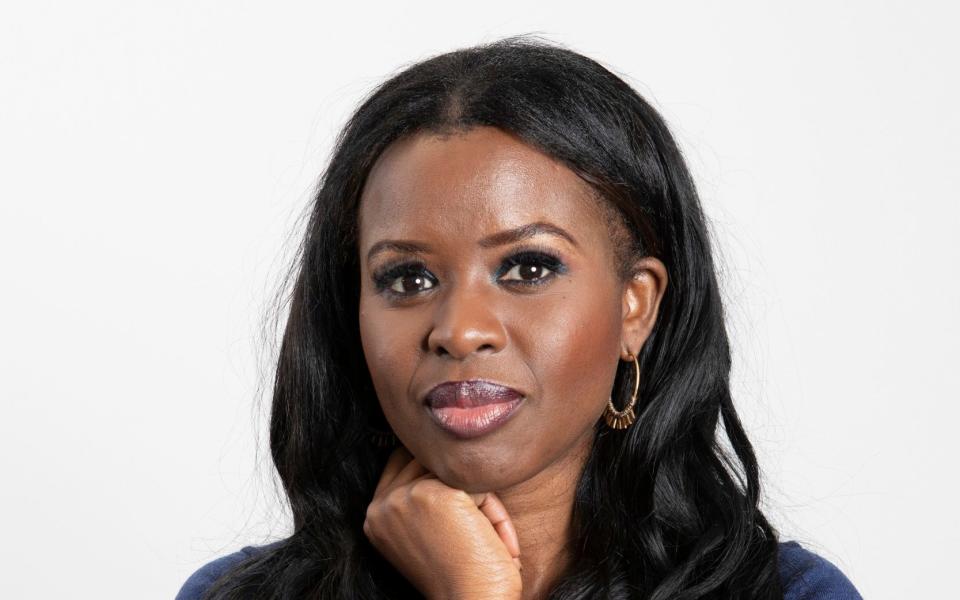Black Lives Matter: BBC says shows must be 20pc diverse as it unveils £100m inclusivity fund

All new BBC programmes will be required to meet a 20 per cent diversity quota, as part of a drive to address inequality in response to Black Lives Matter.
Programme-makers must demonstrate that at least one-fifth of the production team - writers, directors and crew - are from a diverse background in order to get the show commissioned.
In one of his final acts as director-general, Lord Hall of Birkenhead also announced that the BBC will spend £100 million of its television programme budget over the next three years on “diverse and inclusive content”.
The quota comes into effect from April next year. The definition of diversity includes people with disabilities and those from poorer socio-economic backgrounds. But Lord Hall indicated that the focus is on those from BAME backgrounds by linking the new diversity drive to the death of George Floyd in Minneapolis.
“The senseless killing of George Floyd - and what it tells us about the stain of systemic racism - has had a profound impact on all of us. It’s made us question ourselves about what more we can do to help tackle racism and drive inclusion within our organisation and in society as a whole.
“This is our response - it’s going to drive change in what we make and who makes it. It’s a big leap forward,” Lord Hall said.
The work is being spearheaded by June Sarpong, the BBC’s new director of creative diversity, who said the “bold steps” will help make the corporation “an instrument of real change”.

She said: “As a black woman, I feel and share in the pain that so many are feeling worldwide. It makes it all the more important that we show up now not just with words but with meaningful action.”
In order to comply with the mandatory quota, production companies will be expected to audit staff on race, disability and socio-economic background.
The £100 million investment ring-fenced for diverse television content covers all genres, including drama, children’s programmes, education and current affairs documentaries. It will cover shows that meet at least two of the following priorities: diverse stories and portrayal on-screen, diverse production teams and talent, and diverse-led production companies.
Yesterday, more than 4,000 presenters, actors, directors, writers and producers signed an open letter challenging the UK film and television industry to “put its money and practices where its mouth is” on diversity.
Signatories including Chiwetel Ejiofor, David Oyelowo, Meera Syal, Anita Rani and Gurinder Chadha, supported by white actors such as Colin Firth, Stephen Graham and Jodie Whittaker, said messages of support for Black Lives Matter were “a first step” but the industry must do more “after decades of enabling racism in your ranks”.
The letter said: “Our stories and experiences can no longer be limited to being backdrops for white narratives and protagonists.
“Until we are able to show our full joy, grief, fear, history, pride and all the other myriad of emotions and experiences, then you are simply upholding the status quo and enabling a society that keeps white people comfortable in their racism and black and brown people perpetually dehumanised.”
Charlotte Moore, the BBC’s director of content, said she had been spurred on by a conversation with Steve McQueen, the film director. McQueen has made Small Axe for the BBC, an anthology set within London’s West Indian community over three decades.
“When I met Steve McQueen last year during the making of Small Axe, he challenged me and the BBC to set meaningful targets and take proper action. He was right. Today’s announcement represents a truly transformational commitment to both on and off screen representation.
“Concrete, tangible action is the only way we can bring about real, sustainable change,” Moore said.
Watch the latest videos from Yahoo UK

 Yahoo News
Yahoo News 
